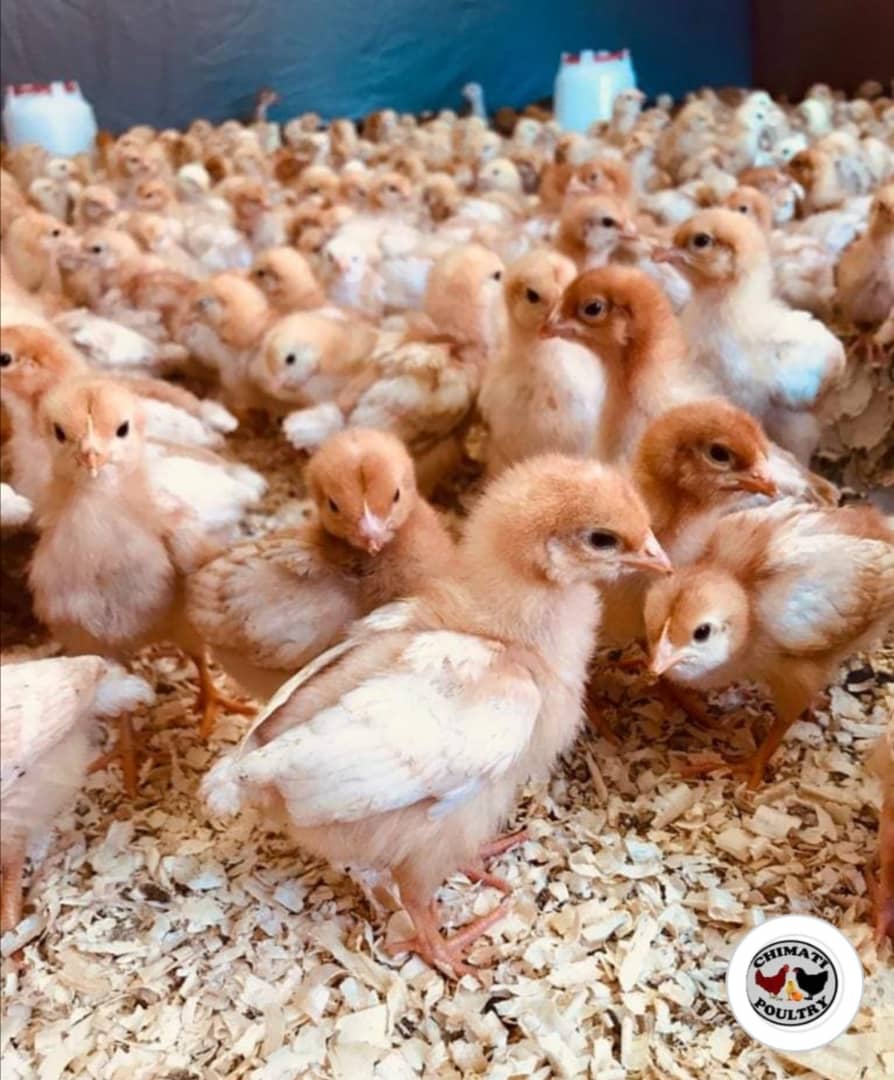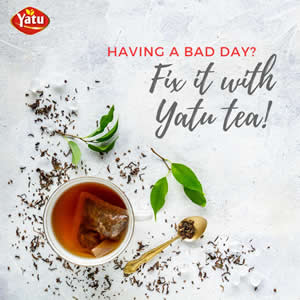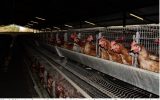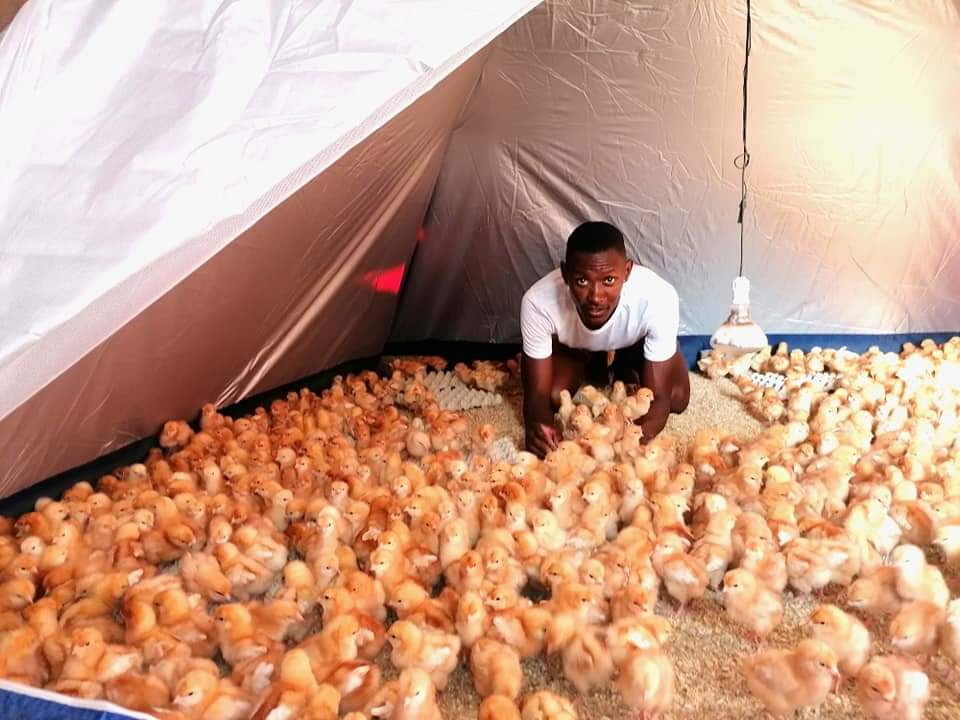The poultry industry is a big sector consisting of different and interconnected supply value chain. Often when people hear about the poultry industry, the first thing that comes to mind is either a picture of layers or broilers. However, before the chickens fully reaches maturity stage as layers or broilers, there is an interesting and initial process of hatching and raising the chicks.
Spearheaded by Lisias Ashipala, Chimati poultry is a farming venture that hatch and raises day old chicks. Lisias Ashipala is a Marketing specialist by profession and founded Chimati poultry, while he was in his 1st year studying at the International University of Management (IUM). This was in 2016.
All the magic of hatching and raising the chicks occurs in one of their compound based in Windhoek. Chimati Poultry focuses on producing two breeds; the boschvelder and the layers. The boschvelder are the native traditional chicken, this are hatched and raised at Chimati poultry. The layers are imported from South Africa, while they are still very small chicks.
“We get our eggs from the farm, one of our farm entities that we work with. From the farms, the eggs are transported to Windhoek, since that is where the hatchery is based,” says Lisias.
THE PROCESS OF HATCHING
According to Lisias, the first steps to ensuring success in your hatching process is to acquire quality eggs. The success of the chicks highly depends on the quality of the eggs. Once the eggs are ready from the farm, they gets transported to Windhoek. Upon arrival, the eggs are inspected and then placed into the hatchery machines. It is within the hatchery machines where the eggs are incubated and hatched. It takes around twenty one (21) days to incubate & hatch the eggs.
FROM THE INCUBATION MACHINE, TO A VERY GOOD COZY SHELTER.
Once the eggs are hatched, the chicks are removed from the machine and placed into a comfortable, warm and relaxed shelter. At this stage, the chicks are very small, vulnerable and they need to be well handled and taken care of. Every time, after a cycle of eggs are hatched or incubated, the incubation machine will be disinfectant to prepare it in advance for the next intake of eggs. “The shelter where we keep our chicks, we use the material for tents, simply tent like structure. This material is very good as it traps the heat which is very much needed by the chicks”, says Lisias. The chicks needs a certain amount of heat and an environment of about ± 36 °C so that they may not suffer from coldness.
Depending on the size of the coop, it should consist of a light bulb or several light bulbs. According to Lisias, these bulbs needs to be switched on (day & night) from the very first day the chicks are hatched until they are around 4 to 5 weeks. As a result, because the light are on (throughout), it also means that the chicks will be eating every now and then hence more feed have to be provided. The light bulbs do play a vital role as they provide warmth and that needed suitable temperature for the environment.
After some time, Lisias and his team will vaccinate the chicks before they supply them to clients. “The most important thing that we tell our clients, it`s that they should take care of their chicks, as they are vulnerable and exposed to a lot of items. Hence, bio-security and hygiene is highly emphasised when dealing with chicks,” says Lisias. The chicks also needs to be fed the right diet (nutritional), should receive the necessary vitamins and be getting a regular health inspection. At Chimati poultry, their top priority is supplying top quality chicks to their clients. They believe that supplying top quality chicks is the magic that make clients to come back.
“The moment you begin to supply unhealthy chicks, that`s a sure way of chasing away the customers,” says Lisias.
FROM 100 CHICKS TO A 1000 CHICKS PER WEEK
According to Lisias; initially when they started off, they were only producing 100 chicks per week. Today, that number has changed as they are producing 1000 chicks per week. In the nearby future, their aim is to expand so that they can start producing ± 10 000 chicks per week. “At Chimati poultry, we try to cater for every one out there. For instance, some people just call & they are interested in having three (3) or five (5) chicks. To cater for them, we have to make provision so that they can have that chance & feeling of raising chickens in their backyard or farm “, says Lisias.
WHAT THE FUTURE HOLDS FOR THE POULTRY INDUSTRY
Lisias believes that the future of the poultry industry is brighter and looks very promising. He encourages those that would want to venture into farming, let they have faith, hope and consistency. According to him, one doesn`t necessarily need to own a farm to run a farm. One needs to own the market. He also encouraged farmers that are already involved in the profession to keep their excitement and enthusiasm, which they initially started with from the beginning. Lisias believes that, the moment one loses hope and excitement, they will start draining their energy out.
For top quality and healthy chicks, reach out to Chimati poultry at: +264 817897484 Email: lisiashipala@ gmail.com




















